Northern female politicians share heartrending tales We get beaten, cheated, threatened, called prostitutes

Northern female politicians share heartrending tales We get beaten, cheated, threatened, called prostitutes
Contesting elections in Nigeria is a daunting challenge for women. It is more overwhelming for those from the northern part of the country. TOLUWANI ENIOLA, in this report, captures their frustration
In 2002, after over a decade of successful teaching career, Mrs. Ladi Watila, who hails from Hawul Local Government Area of Borno State, began to consider joining politics. Her motivation was the growing poverty and illiteracy in her state. Watila thought that the best way to address the problems was to represent her constituency in the federal legislature.
She felt that the men, who had been occupying political positions in the state, were not doing enough.
Armed with a bachelor and master’s degrees in Geography and Resource Management, Watila took the advice of a friend in 2003 to contest the House of Representatives election in Borno State after weighing the pros and cons.
As a woman, she knew it would not be an easy task. In Borno, only a few women dared to venture into politics.
Watila believed that the best platform to realise her dream then was through the defunct All Nigeria Peoples Party which was the ruling party in the North-Eastern state at the time.
After throwing her hat into the ring, what she went through in the quest to achieve her political dream betrayed her expectations.
Watila, with a voice laden with regrets, captured her political experience thus, “What I saw was not what I expected.”
She added, “The structure of the party was too difficult for a woman to emerge as its candidate. A few women, who dared to join politics, were seen as prostitutes. As long as you are a woman and you are in politics, you are a prostitute.
“They said, ‘what are you (women) doing among men? You are supposed to be at home waiting for your suitors or cooking for your husbands.’
“Male politicians see women as their property. I eventually lost the primary election to a man, after spending so much on the campaigns and other logistics.”
Watila’s story, no doubt, is a tip of the iceberg compared to what women, who dared to venture into politics in northern part of the country, face while contesting elections.
An investigation conducted by SUNDAY PUNCH revealed that since the return to democracy in 1999, efforts made by women across states in the country to make inroads into politics have yielded poor results.
While politics has been generally a difficult terrain for women in the country, their marginalisation is rife in the North.
Worrying statistics
Since Nigeria returned to democratic governance in 1999, women have recorded low representation at the National Assembly and in other elective positions. Although more women are now actively participating in politics, the figure of those that won their bids for political positions have been low. Many women fear the risks of the bumpy political landscape.
A report obtained by our correspondent on the Independent National Electoral Commission’s website showed that in 1999, only three women were elected to the Senate out of the total 109 members, amounting to 2.8 per cent. In the same year, only 12 women made it to the House of Representatives, usually made up of 360 members.
In 2003, the figure slightly increased to four women in the Senate and 21 women in the House of Representatives. In 2007, nine women were elected to the Senate while 26 won elections into the House of Representatives.
In 2011, only seven women were elected to the Senate while 25 won elections to the House of Representatives. In the 2015 general elections, there was a decline. Only seven women made it into the Senate while 19 women were elected into the House of Representatives.
In the 2015 general elections, there was only one female presidential candidate, Oluremi Sonaiya; a retired professor of French and Applied Linguistics.
Sarah Jubril is however the first female presidential candidate. She ran for presidency four times. Also, ex-wife of former President Olusegun Obasanjo, Mojisola Adekunle-Obasanjo, who founded the Masses Movement of Nigeria in 1998, contested presidency on the party’s platform in 2003 and 2007.
‘Politics is frustrating’
Out of the few women who made it to the National Assembly, the figure of women who contested and won elections in the North has been very low compared to that of the South.
Findings by our correspondent showed that apart from Kaduna State, no woman has been elected to any state House of Assembly in the North-West, which comprises Jigawa, Kano, Katsina, Sokoto and Zamfara.


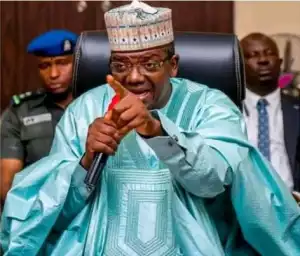
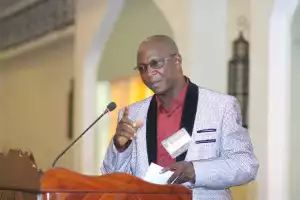

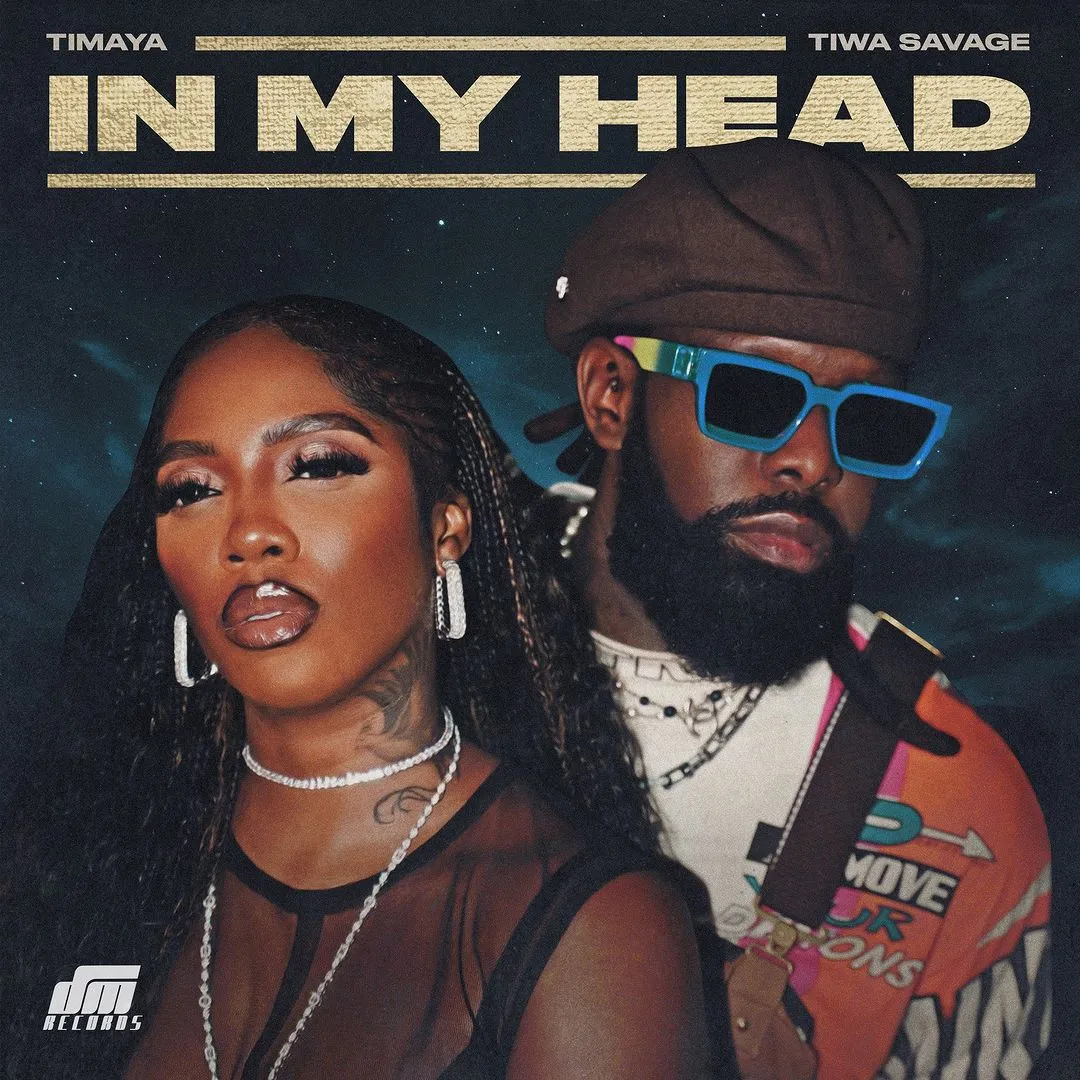



![Siren (2023) [Hindi]](https://www.memesng.com/r/storage.waploaded.com/images/5b9af584b9aad208a1b1645087762423.jpg?w=50&ulb=true&ssl=1)




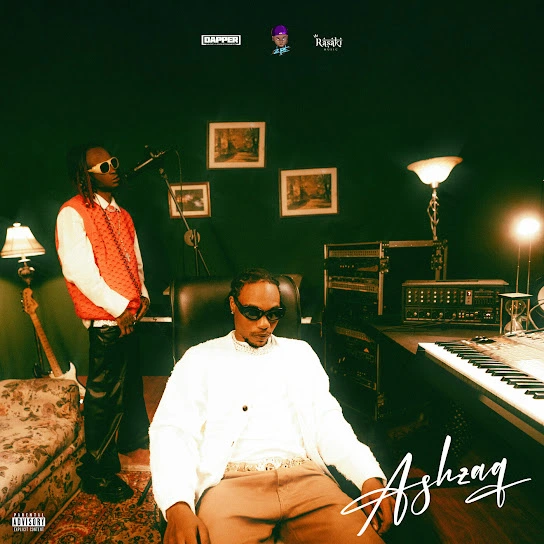
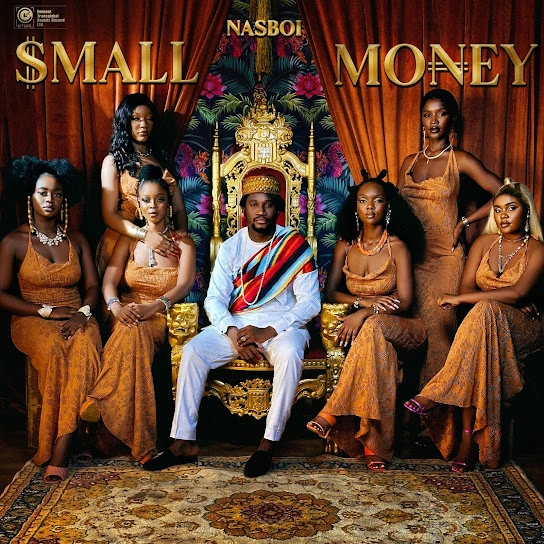










{{comment.anon_name ?? comment.full_name}}
{{timeAgo(comment.date_added)}}
{{comment.body}}
{{subComment.anon_name ?? subComment.full_name}}
{{timeAgo(subComment.date_added)}}
{{subComment.body}}